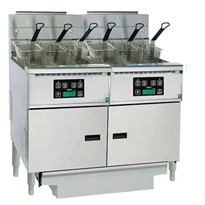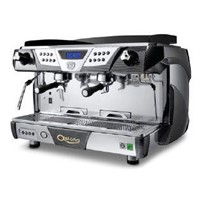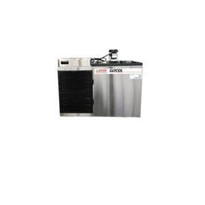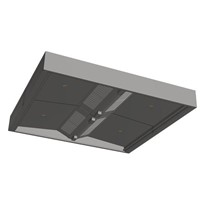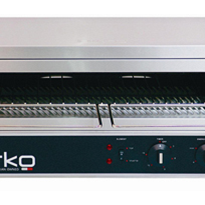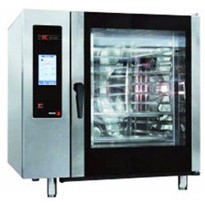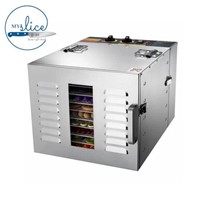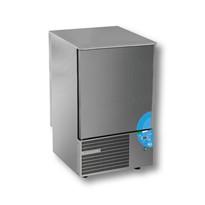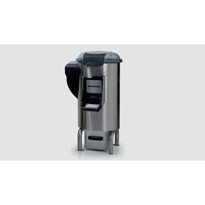Alternative SME money is a form of funding that is not provided by traditional lenders such as banks. Funds are sourced from private lenders, pooled investment schemes, wholesale financiers, peer-to-peer, online, subscription-based loan funds, contributory loans and more. Each of these is slightly different in terms of the loan solutions they offer and, as with traditional small business finance, you should research the pros and cons to determine if these options will suit your business needs.
If your business cannot provide equipment, buildings, inventory or accounts receivable, the bank has minimal options to secure repayment of the loan, making your deal unattractive. Typical reasons the bank will reject your application;
10 reasons why the bank won't lend you money
- Unstable cash flow; for some seasonal businesses extreme cash flow highs and lows make fixed loan repayments unpredictable
- Insufficient security: banks requirement for collateral to secure the loan is mandatory to satisfy risk management
- Overload of debt: the banks have lowered their risk debt exposure to small business making it considerably harder to obtain an approval
- Uncertain credit risk: banks are reluctant to fund untested or new markets, as they always use industry standards and benchmarks when assessing risk
- Insufficient trading history: banks want confidence that the business is managed efficiently and can proof capacity to repay the loans
- Untested business model: establishing a viable business model takes time and the banks are not willing to take the risk with you
- Weakening economy: if current economic conditions are weak the banks factor this in and tighten their credit criteria in the event of foreclosure.
- High-risk industry: if a bank believes you are operating in a “risky or weak industry” then you are less likely to have your application approved
- Unclear market growth: banks are not venture capitalist or innovation risk takers and would not fund an emerging market until supply and demand is proven
- Poor management: banks look for a strong and diversified management team to implement the business plan to achieve its projected revenue
What are your options?
Unsecured working capital loans provide cash flow to a wide variety of small and medium business owners. These might include sole traders, family enterprises, management buy-outs, acquisitions, partner exits, or funding that large project you have just won. Typical unsecured alternative finance models leverage against the business turnover, aged receivables and payable ledger, or an advance against future credit sales, such as a Merchant Cash Advance.
What is Alternative Finance?
Alternative finance is a form of funding that is not provided by traditional lenders such as banks. Funds are sourced from private lenders, pooled investment schemes, wholesale funders, peer-to-peer, online, subscription-based loan funds, contributory loans and more. Each of these is slightly different in terms of the loan solutions they offer and, as with traditional business loans, you should research the pros and cons to determine if these options will suit your business needs.
What is a Merchant Cash Advance?
The cash advance is not a loan, but an advance against your merchant EFTPOS future transactions. A percentage of your monthly turnover is advanced over the short-term usually 3 to 12 months, and a set payback is calculated as repayment from your daily sales until the advance is repaid. The benefits to you are:
- High approval rates
- Flexible payback terms
- Quick access to funds
- No financials for loans under $70K
- Use for any business purpose
- Unsecured facility
If you need financial assistance for your bar, club, restaurant, cafe, food service or another hospitality based business contact us to speak with our finance team, or call 02 9006 1327.






